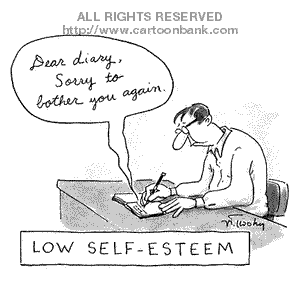Edward Furlong & Milton Bradley Demonstrate the Need for Anger Management
Anger is one of the most misunderstood and overused of human emotions. Anger is not a planned action – it’s a reaction to an inner emotion. Anger is energy. It serves a purpose by giving people the drive and determination to cope with the often difficult situations we find ourselves in. Anger helps discharge tension. If handled well, anger can help resolve conflict and improve relationships with others. Anger is an easy emotion to show; everyone gets angry.
However, what everyone doesn’t do is explode with public displays of person-directed anger in their relationships, custody disputes, or sporting events. While anger is a normal human emotion, the displays of verbal aggression and anger recently demonstrated by Furlong represents unhealthy anger, which destroys interpersonal relationships as well as the reputation of the perpetrator.
There are six situations in which anger is unacceptable in a civil society:
1). When it is too intense.
3). When it lasts too long.
4). When it leads to person-directed aggression or violence.
For help dealing with unhealthy levels of anger or rage, please visit our website or call us for a free consultation.
North Valley Anger Management Consultants
www.nvamc.com
1-888-992-6479
Anger is one of the most misunderstood and overused of human emotions. Anger is not a planned action – it’s a reaction to an inner emotion. Anger is energy. It serves a purpose by giving people the drive and determination to cope with the often difficult situations we find ourselves in. Anger helps discharge tension. If handled well, anger can help resolve conflict and improve relationships with others. Anger is an easy emotion to show; everyone gets angry.
However, what everyone doesn’t do is explode with public displays of person-directed anger in their relationships, custody disputes, or sporting events. While anger is a normal human emotion, the displays of verbal aggression and anger recently demonstrated by Furlong represents unhealthy anger, which destroys interpersonal relationships as well as the reputation of the perpetrator.
There are six situations in which anger is unacceptable in a civil society:
1). When it is too intense.
2). When it occurs too frequently.
3). When it lasts too long.
4). When it leads to person-directed aggression or violence.
5). When it destroys interpersonal relationships.
6). When it has health implications.
North Valley Anger Management Consultants
www.nvamc.com
1-888-992-6479



